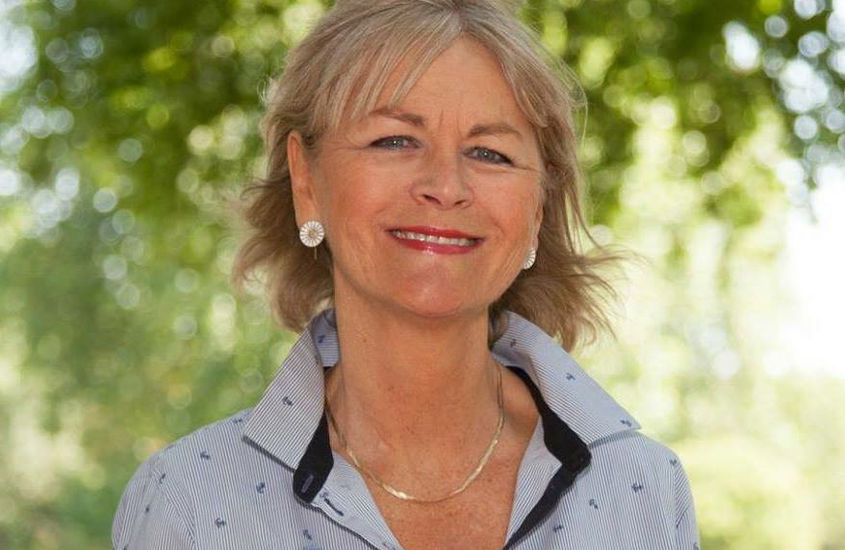Patient insight for diabetes research

Patient insight for diabetes research
What was your first experience of health research?
My first experience was totally by accident, I was looking at the NIHR website when I saw a trial at Imperial (Imperial College Healthcare Trust) on a topic that particularly excites me. It was about being able to track your blood sugars all the time without having to keep pricking your fingers. The continuous glucose monitor (CGM) app I use now all came about through research like this. In over fifty years with type 1 diabetes that gadget is really the only thing that has totally utterly changed my life. It keeps me safe, before this I used to crash out a lot and have seizures, but since using this I’ve had virtually no severe hypos. All the other treatment changes have been tweaks here, tweaks there, basically I’m doing what I did fifty years ago but now with the help of constant blood glucose monitoring.
What is your motivation to take part in research?
My motivation is strong, and it’s mainly because I see people suffering now and feel challenged to help. For forty years I never met anyone else with diabetes, now you have all the social media, so you’re more aware of what’s going on and how other people are struggling. Now I know hundreds of people with diabetes on social media, and I know what their needs are because I see what they complain about. I want to reach out in whatever way I can and help people through that. I do it to help other people and because I have the time and masses of experience. When I speak to the researchers or study groups I often know instinctively what’s needed. I want to help make things better. If I look at other motivations for doing research, for me the biggest is learning, I’m curious and I really enjoy learning new things about diabetes.
What has been the highlight of your involvement in diabetes research?
The most rewarding thing was taking part in a two day mental health workshop organised by Diabetes UK with experts from all over the world. For two days we talked about the impact of diabetes on mental health and emotional wellbeing. It’s one of the issues I’m passionate about and it was amazing to meet all these exceptional clinicians and researchers. I was invited to participate in the workshop to help identify priority areas that need addressing in research. It is hoped all will now be taken up and funded. Talking to all these learned people was just amazing, you learn so much and it was very inspiring. But I found I could also teach them something by sharing my personal experience with diabetes. I hope I gave them insight into the experience and effect on mental health and emotions that only someone with diabetes can share. For example, the seemingly simple thing of changing the language from ‘testing’ to ‘measuring’ blood glucose levels can have an emotional impact on self-esteem and emotions. I was stimulated intellectually and emotionally and it was very rewarding to play a part, however small, in helping identify what areas of research are important to people living with diabetes.
How would you like to see diabetes research evolve in the future?
I’ll be very excited to support the research that emerges from the mental health workshop as this will help people of all ages and cultures to self-manage this complex condition more effectively – and in the longer term, could even save money. I would also like all researchers to consult people living with diabetes before and during studies to ensure they are measuring outcomes that will make a real difference to people’s lives. They need to involve people from all walks of life and cultures – this will clearly involve some effort but there is little point in spending money on research that won’t meet the needs of all people living with diabetes – and we are a very diverse bunch! Another significant research gap at present relates to the needs of older people living with type 1 diabetes as in years gone by many did not live into old age. Physical and cognitive impairments make type 1 diabetes particularly difficult to manage and sadly this demographic time bomb has not yet been addressed.
What’s your favourite place?
In London, Kew Gardens. I love to walk, to see and touch unusual plants in botanical gardens. My overall favourite place though is RHS Wisley. On a nice day I can spend ten hours there examining every leaf and twig. These places make me feel very content and happy!
Do you have a reading recommendation?
The Patient Will See You Now: The Future of Medicine is in Your Hands by Eric Topol.





